Fatah and Hamas clash over Gaza ceasefire talks
The internal conflict between the two main Palestinian factions – Fatah and Hamas – is escalating at a time when ceasefire talks between Hamas and Israel are taking place. While Fatah has expressed support for a ceasefire to provide relief to civilians, the movement has criticized Hamas for acting unilaterally and without consulting other political forces.
According to Izvestia, Munzir Hayek, Fatah spokesman in Gaza, said that Hamas had not shared information or discussed the latest ceasefire proposal, which is considered a “political initiative” affecting all Palestinians. “There are no channels of communication, even indirect ones,” Hayek said. However, Fatah still supports reaching an agreement, even if it is temporary, for the urgent purpose of ending the humanitarian disaster in Gaza.
Hamas, on its part, confirmed its agreement with an Israeli ceasefire proposal and expressed its willingness to negotiate, but still demanded three key adjustments: a humanitarian aid mechanism, an Israeli withdrawal from Gaza, and a permanent ceasefire. Israel immediately rejected these conditions, saying they were unacceptable.
“We are literally living in genocide, every day is a massacre, without food, water or medicine. I have seen surgeries performed without anesthesia – the situation is horrifying,” Hayek warned.
Analysts say the split between Fatah and Hamas continues to be a major obstacle in efforts to find a solution to the Israeli-Palestinian conflict. While Hamas holds control in Gaza and is the direct negotiator with Israel, Fatah - the representative of the Palestine Liberation Organization (PLO) - remains a widely recognized entity in the international community. However, mutual exclusion in strategic decisions has divided the Palestinian position, significantly reducing their negotiating power.
The worrying point is that both sides appear to be putting their factional interests ahead of the interests of their people. While Gaza’s civilians suffer from bombs, hunger and disease, there is a fundamental lack of consensus among the political forces. Fatah’s warning of a “silent genocide” reflects the dire humanitarian situation, but without a unified voice, the international community will find it difficult to intervene effectively.
Ultimately, however deep the internal disagreements, one thing is clear: if Hamas and Fatah fail to find common ground in this crucial moment, the Palestinian people will continue to be the greatest victims of both war and political division.
Gaza ceasefire talks: Slow progress, disagreements persist
Recent indirect talks between Israel and Hamas have ended without a final agreement. However, according to Israeli media, the parties have agreed on about 80-90% of the terms of a framework agreement on a ceasefire and the release of hostages. Israel is optimistic about the possibility of a breakthrough in the near future.
The remaining barriers, however, remain core. Hamas demands: (1) Unimpeded access to humanitarian aid; (2) Complete withdrawal of Israeli troops from Gaza; (3) A permanent ceasefire guaranteed with international supervision.
Israel, meanwhile, has rejected the demands as “unacceptable.” On July 9, Hamas announced its willingness to release 10 hostages as a gesture of goodwill, including a dual American-Israeli prisoner. However, about 50 hostages remain in captivity, and Israel estimates that more than half have died.
A new flashpoint in the negotiations is the issue of control of the Morag corridor between Rafah and Khan Yunis - a strategic area that Israeli Prime Minister Netanyahu is determined to keep. Hamas has rejected the current withdrawal map.
Regarding aid, Hamas insists that aid must go through the United Nations, not the US-backed Gaza Humanitarian Fund (GHF). Meanwhile, according to Reuters, GHF has been criticized for proposing to set up “humanitarian transit” camps, which are seen as a form of disguised expulsion or forced “deradicalization” of Palestinians.
While international negotiators continue to work to bridge differences, Gaza’s civilians continue to live in a dire humanitarian situation, with shortages of water, food, medicine and shelter. Regional experts say there is only a “framework draft” at present, and there are still many legal and political hurdles to a full agreement.
Although 80-90% of the terms have been agreed upon, the remaining elements are the core of the conflict: control of territory, ensuring lasting peace , and humanitarian aid. Hamas wants to avoid the “vague agreement” of the past, where Israel has the flexibility to interpret it to delay its commitments. Israel, on the other hand, wants to maintain strategic superiority, especially in southern Gaza.
In addition, the lack of consensus among Palestinian factions such as Hamas and Fatah has also divided the Palestinian negotiating stance, affecting political prestige and the opportunity to reach a comprehensive agreement.
However, there is no denying that the goodwill shown by Hamas in its offer to release hostages and resume negotiations is a positive sign. With tens of thousands of people dead and much of Gaza destroyed, international pressure is mounting to move closer to a political solution. The question remains not only when a deal will be reached, but also what it will bring to the Palestinian people – peace, or just a reprieve from a new round of violence?
Hung Anh (Contributor)
Source: https://baothanhhoa.vn/fatah-hamas-va-israel-toan-tinh-cua-ba-ben-ai-thuc-su-vi-nguoi-palestine-254473.htm



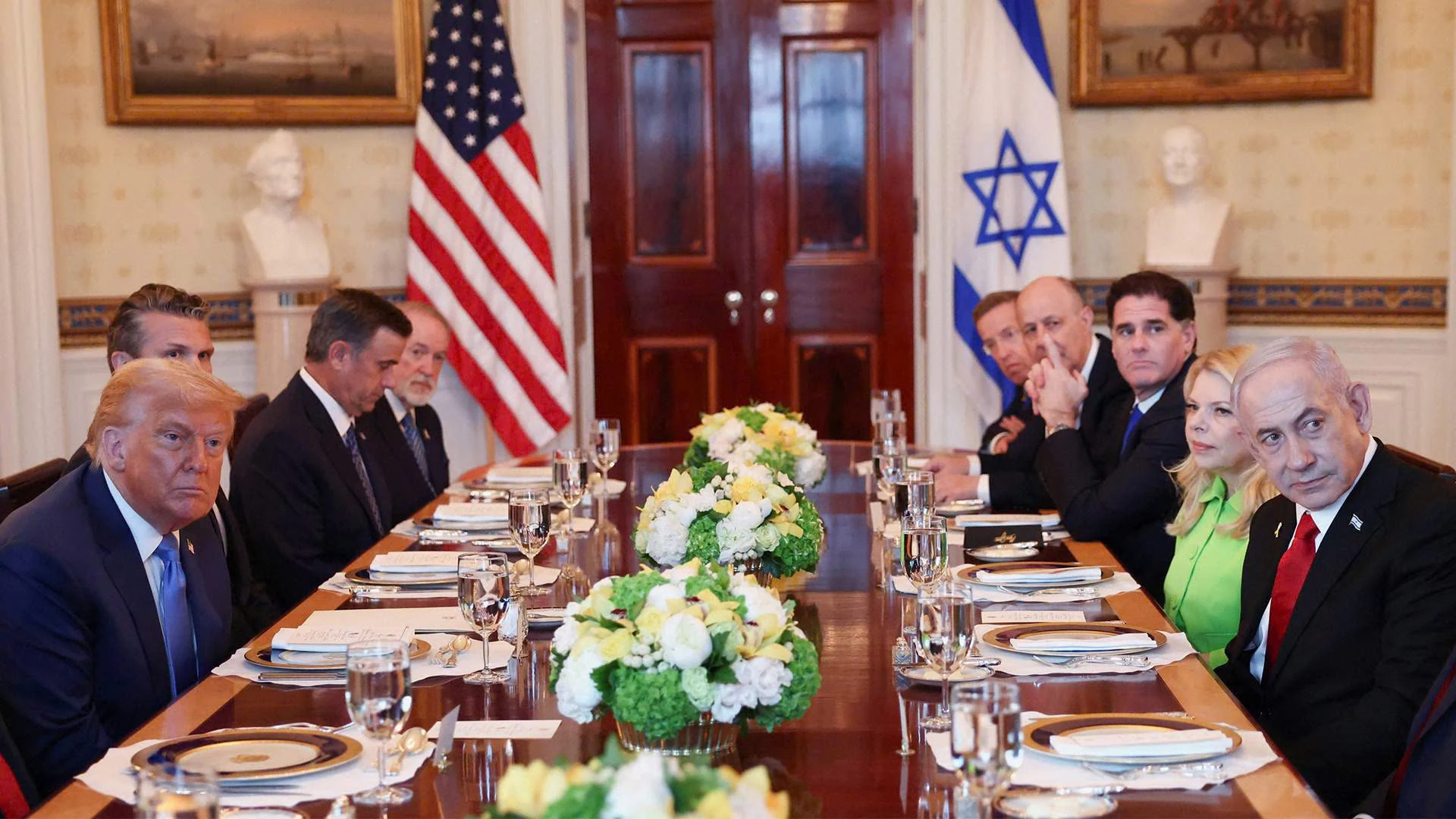
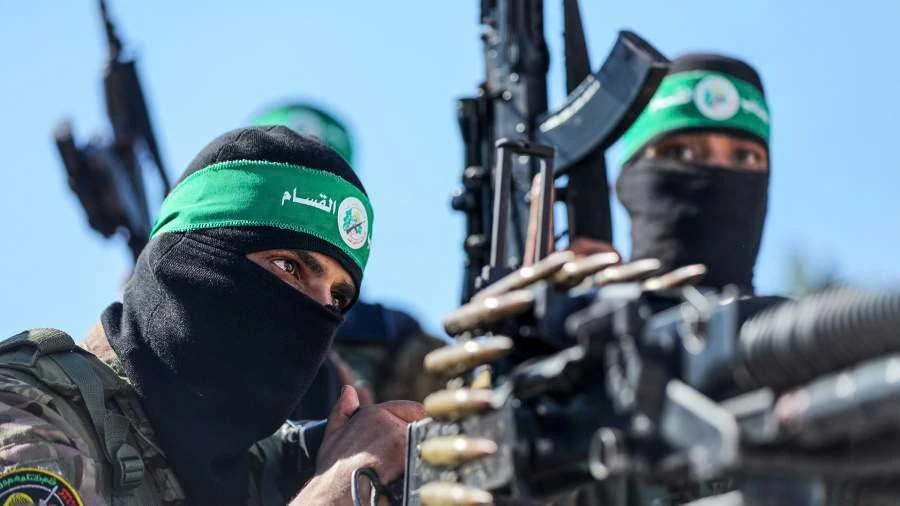


![[Photo] Prime Minister begins trip to attend SCO Summit 2025 in China](https://vphoto.vietnam.vn/thumb/1200x675/vietnam/resource/IMAGE/2025/8/31/054128fff4b94a42811f22b249388d4f)






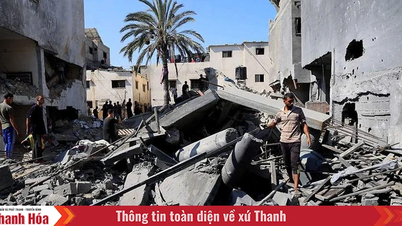











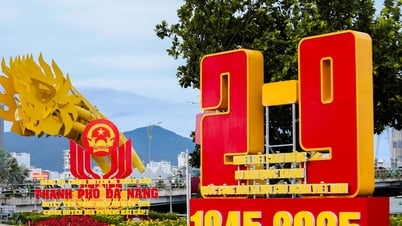






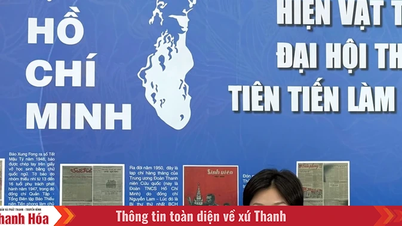





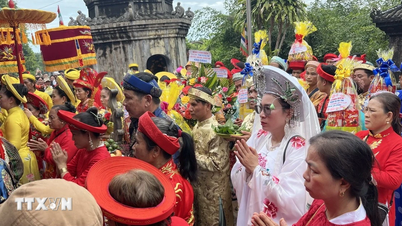












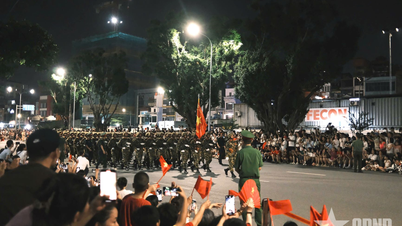












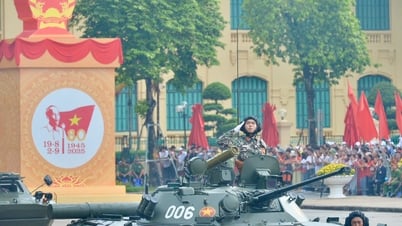








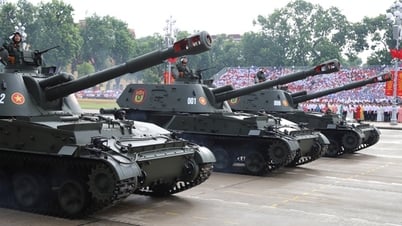















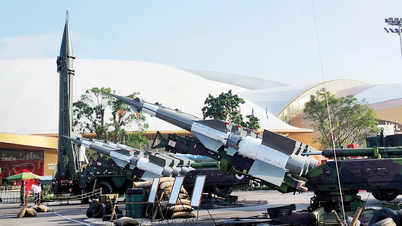








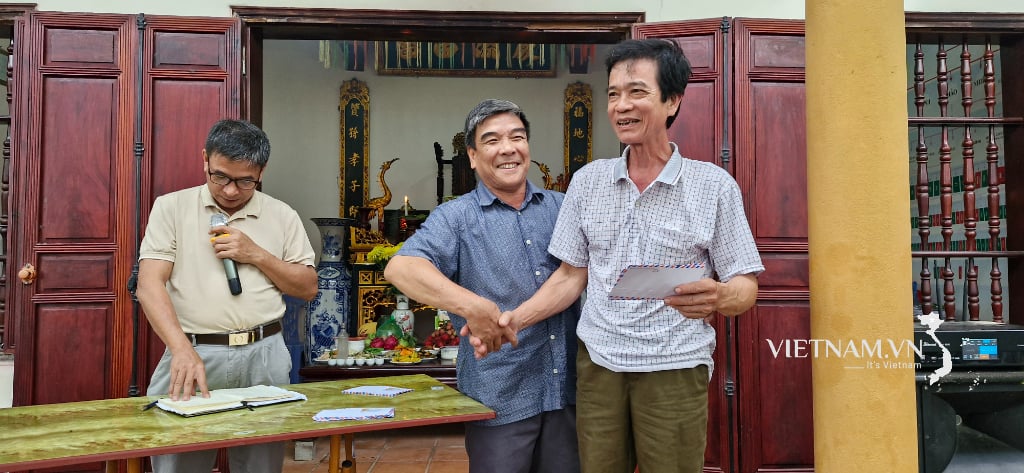



Comment (0)